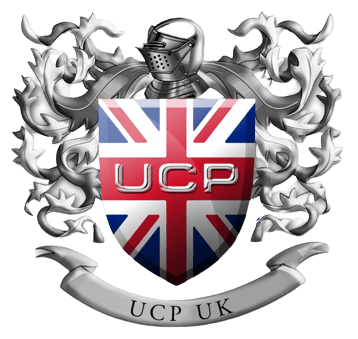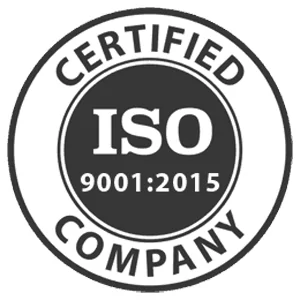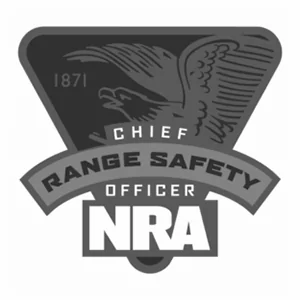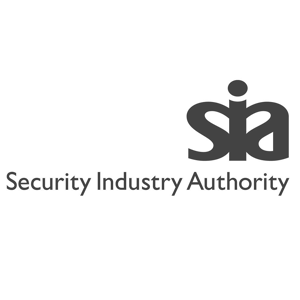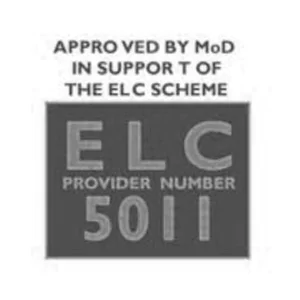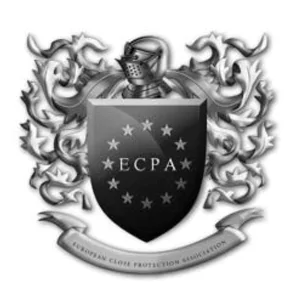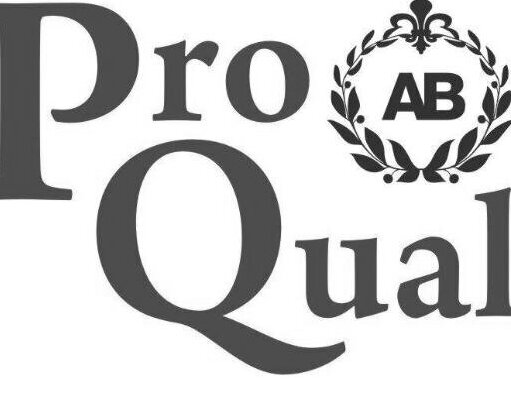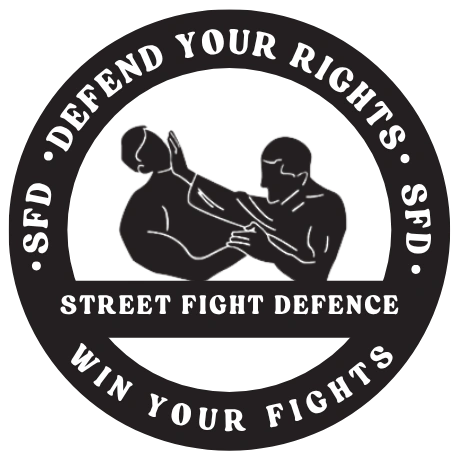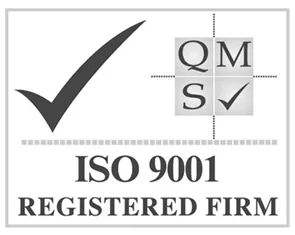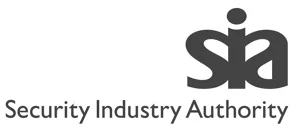Diplomatic Protection Agent Training Course
Level 5 Certificate for working as a Diplomatic Close Protection Agent including Level 3 Tactical Firearms
Overview
This intensive Diplomatic Protection Agent Training Course is designed to prepare individuals for the highly specialised role of protecting diplomats, senior government officials, and foreign dignitaries.
The course provides the theoretical knowledge and practical operational skills required to function effectively in elevated-threat environments, while maintaining the safety, dignity, and freedom of movement of protected persons.
Training focuses on professional conduct, threat awareness, and operational decision-making, ensuring graduates are prepared to operate to recognised diplomatic and executive protection standards.
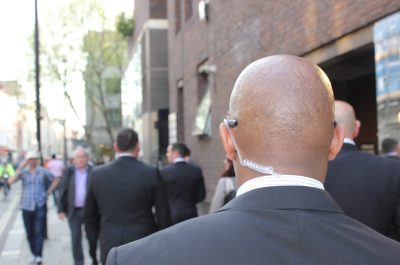


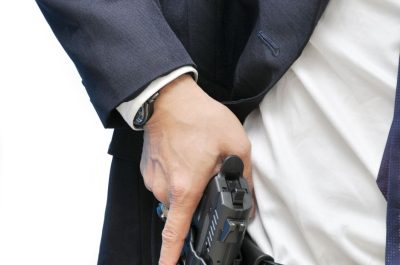
COURSE INFORMATION
Duration:
14 days GLH and 200 TQT (Flexible format: Full-time or Modular)
Delivery:
Course Objectives:
- Understand the political, legal, and operational framework of diplomatic protection.
- Learn and apply international best practices for VIP protection and convoy operations.
- Conduct threat assessments and operational planning in urban and hostile environments.
- Execute close protection techniques, including foot formations, embus/debus, and VIP extraction.
- Utilize advanced communication, surveillance detection, and counter surveillance methods.
- Master weapons handling and defensive tactics in compliance with local and international laws.
Core Modules:
- Introduction to Diplomatic Security & International Protocols
- Threat & Risk Assessment for Diplomats
- Surveillance Awareness and Counter-Surveillance Techniques
- Route Planning and Vehicle Convoy Tactics
- Close Protection Formations and Escort Techniques
- Emergency Evacuation and Crisis Response
- First Aid, Trauma Care, and Tactical Casualty Care (TCCC)
- Legal Considerations and Use of Force
- Interagency and Embassy Liaison Protocols
Who Should Attend:
- Security professionals seeking to specialize in diplomatic or VIP protection.
- Former military or law enforcement personnel transitioning to private security.
- Government or embassy staff involved in protective services or risk management.
Entry Requirements:
- Minimum age: 18
- Clean criminal record
- Previous experience in security, law enforcement, or military (preferred)
- Basic physical fitness and good communication skills
- Functional English language ability (spoken and written)
Certification:
Participants who successfully complete the course will receive a Diplomatic Protection Agent Certificate, issued or endorsed by UCP Group Awarding Body and may be eligible for CPD (Continuing Professional Development) credits or RQF-equivalent recognition depending on local frameworks.
Career Pathways:
Graduates of this course can pursue roles such as:
- Diplomatic Protection Officer
- Close Protection Operative for Embassies
- International Security Consultant
- Protective Services Agent for NGOs or UN Missions
Course Cost
£3500
Location
London/Kent (United Kingdom) and Bangkok (Thailand)
Course Dates
5th of every month
Course Length
14 Days
150 GLH and 250 TQT (Flexible format: Full-time or Modular)
Skill Prerequisites
-
Level 2 English- Good knowledge with Computers PowerPoints and Dropbox
COURSE CONTENTS
Module 1: Introduction to Diplomatic Security
1.1 Understanding Diplomatic Security
- Overview of diplomatic security roles and responsibilities
Importance of diplomatic security in international relations
Legal frameworks governing diplomatic protection
1.2 The Vienna Convention on Diplomatic Relations
- Key provisions of the Vienna Convention
Immunities and privileges of diplomats
Legal and ethical considerations in diplomatic protection
Module 2: Threat Assessment and Risk Management
2.1 Threat Identification
- Types of threats faced by diplomats (terrorism, espionage, kidnapping, etc.)
Methods for identifying potential threats
Intelligence gathering and analysis
2.2 Risk Assessment
- Conducting risk assessments specific to diplomatic security
Vulnerability assessments of diplomatic premises and personnel
Developing risk management strategies
Module 3: Advanced Security Planning and Operations
3.1 Security Planning
- Comprehensive security planning for diplomatic missions
Developing security protocols and emergency response plans
Coordination with local law enforcement and intelligence agencies
3.2 Operational Planning
- Daily operational planning and task prioritization
Route planning and secure transportation logistics
Advance work for diplomatic movements and events
Module 4: Firearms Proficiency and Tactical Training
4.1 Firearms Training
- Safe handling, maintenance, and storage of firearms
Marksmanship training: accuracy and precision shooting
Advanced shooting techniques: close-quarters combat and tactical shooting
4.2 Tactical Training
- Defensive tactics and combat shooting drills
Tactical response to active shooter scenarios
Use of cover and concealment in diplomatic settings
Module 5: Protective Escort and Close Quarter Protection
5.1 Protective Escort Techniques
- Escort formations and protective cover strategies
Vehicle embus and debus procedures
Maintaining protective coverage in various environments
5.2 Close Quarter Protection
- Techniques for protecting diplomats in confined spaces
Managing crowds and handling public interactions
Immediate action drills for sudden threats
Module 6: Unarmed Combat and Physical Intervention
6.1 Unarmed Combat Techniques
- Defensive and offensive hand-to-hand combat skills
Techniques for disarming and restraining attackers
Ground fighting and grappling techniques
6.2 Physical Intervention
- Non-lethal control and restraint methods
De-escalation techniques and conflict resolution
Legal and ethical considerations in the use of force
Module 7: Surveillance and Counter-Surveillance
7.1 Surveillance Techniques
- Principles of surveillance: static and mobile surveillance
Use of technology in surveillance operations
Identifying and understanding surveillance methods used by adversaries
7.2 Counter-Surveillance Measures
- Techniques for detecting and evading surveillance
Implementing counter-surveillance strategies
Importance of situational awareness and behavioral analysis
Module 8: Crisis Management and Emergency Response
8.1 Crisis Management
- Developing and implementing crisis management plans
Crisis communication strategies
Coordination with crisis management teams
8.2 Emergency Response
- Immediate response to security incidents
Evacuation procedures and emergency medical response
Post-incident reporting and debriefing
Module 9: Cultural Sensitivity and Professional Etiquette
9.1 Understanding Cultural Differences
- Importance of cultural sensitivity in diplomatic security
Navigating cultural nuances and expectations
Building positive relationships with diplomats and local communities
9.2 Professional Etiquette
- Maintaining professionalism in all interactions
Protocols and decorum in diplomatic settings
Handling sensitive information with discretion
Module 10: Practical Exercises and Simulations
10.1 Scenario-Based Training
- Simulated scenarios involving diplomatic protection
Role-playing exercises and real-time feedback
Evaluating performance and identifying areas for improvement
10.2 Live Exercises
- Full-scale exercises in real-world settings
Coordination with local law enforcement and emergency services Post-exercise debriefing and lessons learned
Module 11: Legal and Ethical Considerations
11.1 Legal Frameworks
- Understanding the legal environment of diplomatic security
International laws and local regulations
Legal liabilities and responsibilities
11.2 Ethical Conduct
- Ethical decision-making in security operations
Balancing security needs with diplomatic norms
Maintaining integrity and professionalism in all actions
Conclusion
By the end of this course, participants will possess the comprehensive skills and knowledge required to serve as highly effective diplomatic armed security officers, ensuring the safety and security of diplomats and their missions while maintaining the highest standards of professionalism and ethical conduct.
